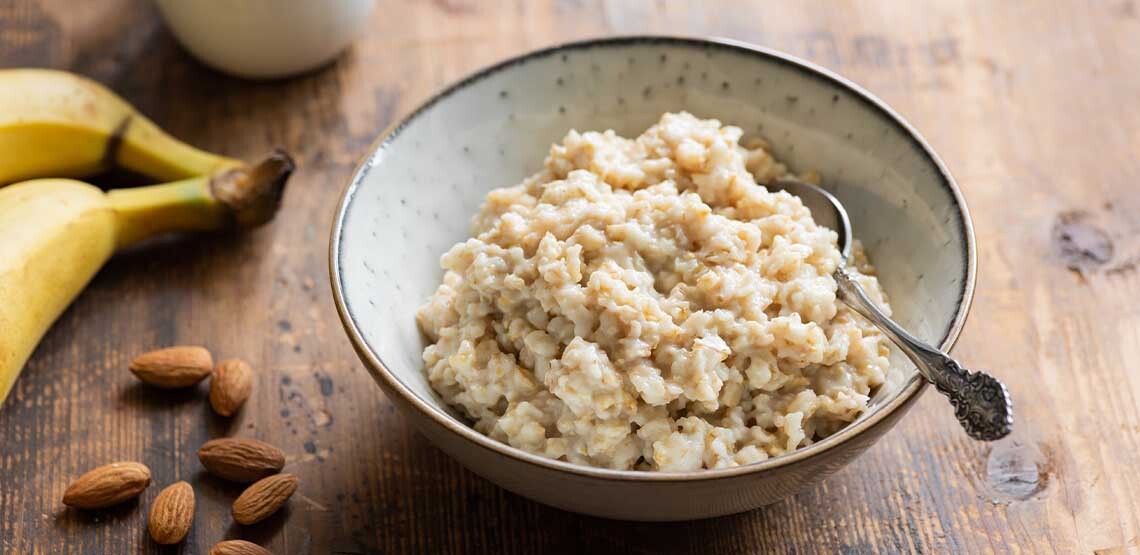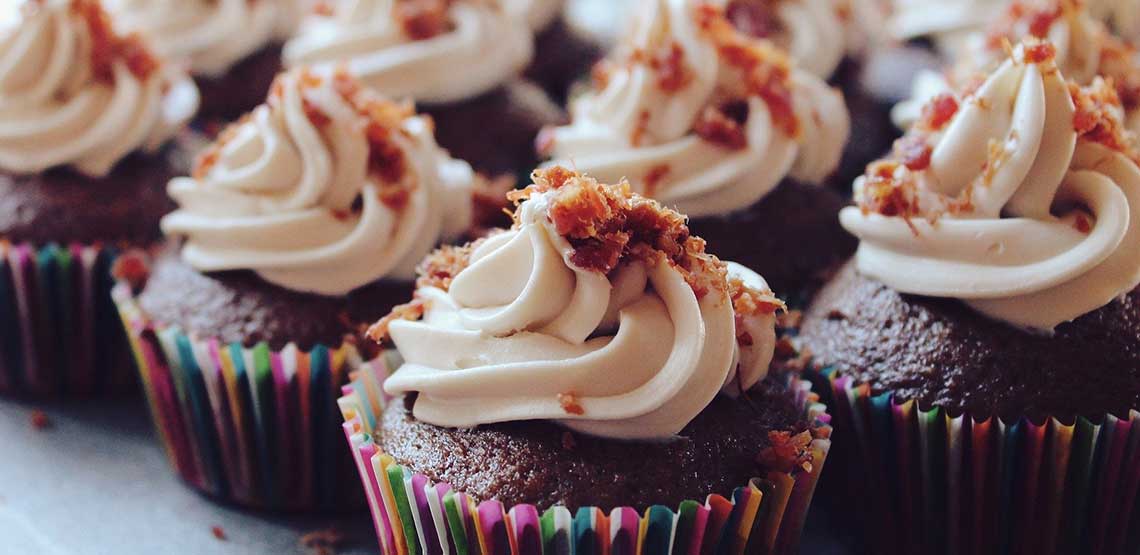Diet Triggers for IBS
Irritable Bowel Syndrome (IBS) can pose many difficulties when eating and using the bathroom. Some may only experience minor symptoms, while others may experience more severe and disruptive symptoms, impacting their daily lives.
However, knowing your triggers and what may aggravate these symptoms can go a long way in helping you avoid them — and any potentially embarrassing situation that may arise because of them. In this article, we’ll take a look at what IBS is exactly, as well as how certain foods can trigger it.
What is IBS?
IBS is a very common condition that impacts the intestines along the digestive tract. Also known as spastic colon or irritable colon, IBS generally involves a group of symptoms that happen after eating a particular type of food.
While symptoms and severity can greatly differ between people, IBS is diagnosed when a person has experienced the following symptoms for at least three days out of each month in the last three months.
IBS Symptoms
Usually, IBS symptoms include:
- Cramping
- Abdominal pain
- Bloating
- Diarrhea
- Gas
- Constipation
- Changes in bowel movements and frequency of bowel movements
Again, these symptoms may vary from person to person. They also tend to come and go depending on what the person eats.
Causes of IBS
While experts aren’t quite sure why IBS happens, some potential causes may include:
- Muscular contractions in the intestines
- Abnormal nervous system signals between the gut and the brain
- Infections in the intestines
- Chronic stress
- Gut microbiome changes
IBS is also more common in females than males. It’s also more likely to occur at a young age and among those with a family history of IBS or those with depression, anxiety, or other mental disorders.
Related Search Topics (Ads)
Diet Triggers of IBS
So, what foods might trigger IBS and make your symptoms worse? In this section, we’re going to explore just that and examine which foods you may want to limit or avoid to help lessen symptoms.
1. Foods High in Insoluble Fiber
Insoluble fiber is typically found in veggies and grains, and it can cause severe bloating, making IBS symptoms much worse. Interestingly, this may be very person-dependent. Some individuals may be able to tolerate certain types of insoluble and soluble fiber, while others might not.
2. Glutenous Foods
Gluten is a type of protein found in grains such as rye, barley, and wheat. When a serious immune reaction occurs due to gluten, this is known as celiac disease.
The major problem with gluten is that it may increase intestinal permeability, causing irritation and digestive issues, amongst other issues. For those with IBS, a gluten-free diet may help reduce symptoms.
3. Dairy Products
High-fat dairy products can lead to further irritation of the intestines for those with IBS. Yet, dairy doesn’t just cause problems for some because of the high-fat content. It can also create issues since many individuals are lactose intolerant due to inadequate production of the enzyme lactase. Without this enzyme, individuals can’t break down lactose in dairy, leading to varying degrees of irritation along the digestive tract and throughout the intestines.
4. Fast and Fried Foods
These foods tend to contain various chemicals that can interfere with digestion and irritate an already irritated digestive tract. Opt for grilled or baked foods instead. Or better yet, make your own foods at home so that you know exactly what goes into them.
5. Caffeinated Beverages and Foods
For some, coffee in the morning gets things moving. For others, coffee might pose a more uncomfortable situation due to the high caffeine. Caffeine has stimulatory effects on the digestive tract, which can cause diarrhea, gas, and discomfort for someone with IBS.
6. Alcohol
Alcohol is tough for the body to digest. It also can lead to dehydration, which makes digestion difficult. Further, many alcohols contain gluten and high amounts of sugar, which may also irritate the digestive tract. For those with IBS, this can trigger symptoms. Thus, alcohol is best consumed in moderation or avoided entirely.
7. Cruciferous Vegetables
Vegetables such as broccoli and cabbage contain anti-nutrients and digestive inhibitors, making them difficult for the body to break down. For individuals with IBS, this may cause constipation, bloating, and gas. However, if you choose to eat these vegetables, cooking them well and adding butter can help with proper digestion, which may prevent triggers or symptoms.
When it comes down to it, each person may have to test and measure what works for them and what doesn’t. Diet triggers for IBS can be very individualized. They may also happen when overconsuming too much of one type of food or drink. Be cautious. Some individuals with IBS even find that keeping a food diary early on can help them identify problematic foods. This can help determine your triggers and avoid them.


